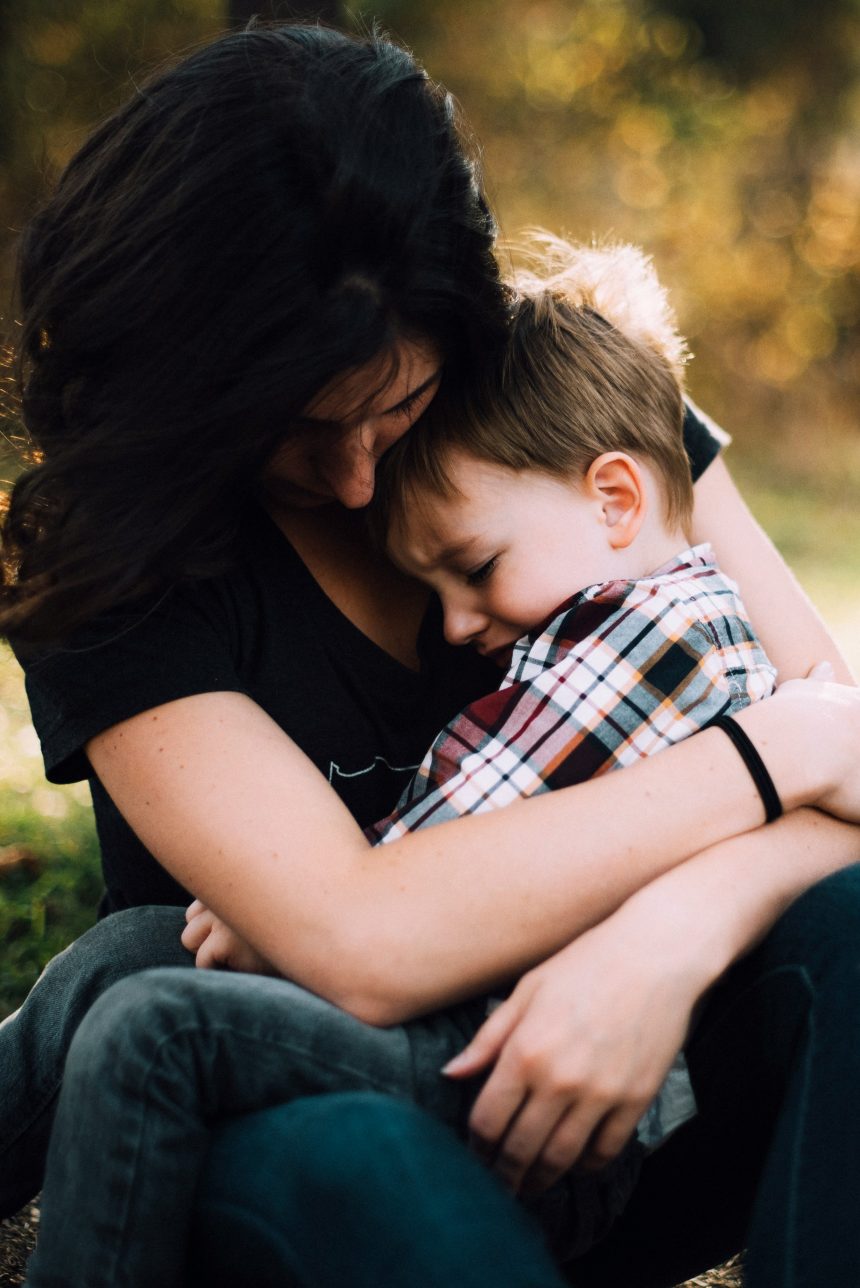A Brave Event
Scripture: “Religion that God our Father accepts as pure and faultless is this: to look after orphans and widows in their distress and to keep oneself from being polluted by the world” James 1:27).
Introduction
Serving the women in our community should not have an age limit. If we care for the widow, we must also care for the orphan. Many kids growing up in the United States are growing up without trusted and caring adults in their lives. An alarming number of trafficked kids have been a part of the foster care or child welfare system at some point in their lives. Some studies have shown that foster care can be a direct pipeline to human trafficking. Often this is because when a child turns 18 and “ages out” of the system with no place to call home, they are vulnerable to exploitation, traffickers, and pimps. Any vulnerable adult, teenage or child can find themselves in a trafficking situation. Eighty percent of those in a trafficking situation are women and girls. The traffickers prey on vulnerabilities and offer a counterfeit version of what their victims are lacking. Vulnerabilities for most foster girls that attract a predator are unstable home environments, mental health challenges, low income, low self-esteem, and lack of community and support.
What Can We Do?
As a women’s ministries group, our main emphasis is on women. However, we also have a responsibility to serve all people, young, old, male, or female. Even as adults, we sometimes carry the same fears, reservations, and hurts as when we were young. Chrystal Evans-Hurst in her book, She’s Still There: Rescuing the Girl in You wrote, “Sometimes we simply need someone to hold our hand, cheer us on, and believe we are still capable of being whom we intended to be.” As Christians, we are told to grow more like Him. We are to, “speak the truth in love, growing in every way more and more like Christ … (Eph. 4:15). When looking at the huge problem of human trafficking, we often feel helpless and feel that there is nothing we can do, and so, we don’t. What the Lord requires of us is to love as He loves. We are to reach out with an encouraging word, a kind gesture, especially to the young people in our life.
Service Project Ideas
Conduct a Brave Event (https://braveglobal.org/) for girls that are in the foster care system. Many girls in foster care have been able to develop meaningful relationships and be empowered to change the world around them. Brave events bring community, camaraderie, fun, community, and connection long after the event is over. Following is how you can begin planning for a Brave event.
Planning an Event
This link Dropbox link contains guidance resources for planning this event. The link will bring up folders with instructional videos, sample donation letters, fundraising tips, outreach, event follow-up items, aftercare suggestions.
The outline below has the title of each suggested step. When you arrive at the Brave global event resource link, find the folder that is named “Phase 3,” and you will find a document called “Planning Your Event.” This can also be pre-downloaded as the supplement you need to get started.
Step 01: Prayer
Step 02: Create an action team.
Step 03: Create an advisory board. (See separate Advisory Board attachment).
Step 04: Hold planning meetings and decide about key event elements.
Step 05: Coordinate and implement fundraising efforts.
Step 06: Recruit and train volunteers.
Step 07: Develop plans to follow up with attendees after the event
Who Are the Orphans and Widows in Our Life
We read in James 1:27, “Religion that God our Father accepts as pure and faultless is this: to look after orphans and widows in their distress …” James tells us that we are to care for orphans and widows. We often assume that the 14-year-old girl that is being placed in another foster care home may just need more structure, a better attitude, or a grateful heart. Unfortunately, many of us end our thoughts about kids in foster care with that sentiment: “They just need to be better behaved. Be more grateful. Get their act together.” However, James tells us that often the orphans and widows are in distress. This type of distress means pain or suffering that affects the body or the mind, a misfortune, a painful situation, or a state of danger or desperate need.
Can you imagine going to the doctor in pain from a broken arm and being distressed not only because of the physical pain but because of how it happened? You would hope that the doctor would see your distress and act immediately, helping relieve the pain you feel while you begin the healing process. In the same way, we are to look after orphans, widows, and those whose are hurting. What can you do? You can pray asking God to help us walk humbly alongside all who are hurting. We don’t always know what they face. We are to treat them with compassion coming and come alongside them in their suffering as they heal. It is up to us. If we don’t, who will?
Close in prayer.
Resources:
- Brave Global: https://braveglobal.org/
- National Human Trafficking Hotline https://humantraffickinghotline.org/en
- SA Justice: https://sajustice.us/
Books
- “In Our Backyard” by Nita Belles
- “The Body Keeps the Score: Brain, Mind, and Body in the Healing of Trauma” by Dr. Bessel Van Der Kolk
- “For Girls Like Us: Fighting for a World Where Girls are Not for Sale”

